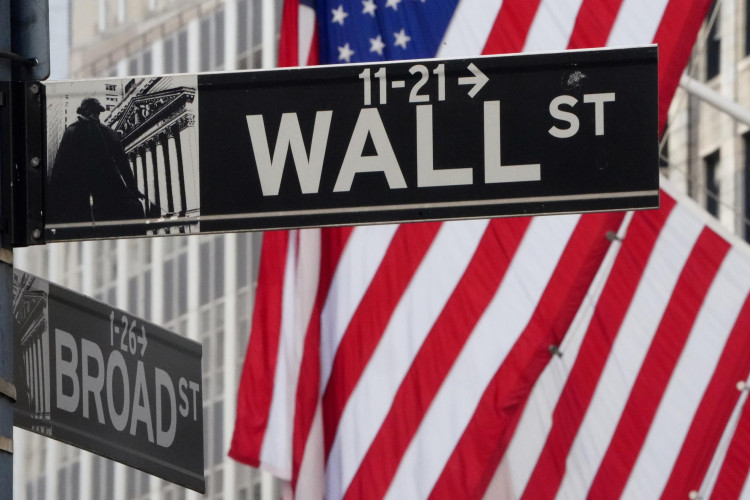On Thursday night market futures dropped dramatically as investors pounded through the new batch of big tech results after Wall Street closed up its best month in more than 10 years
The Dow Jones Industrial Average futures traded down 183 points, or almost 1 percent, while the S&P 500 and Nasdaq 100 futures plummeted 0.8 percent and 1.7 percent.
Apple posted quarterly earnings that outpaced analyst estimates, but year-over-year sales growth remained relatively stable. The business has declined to provide guidance for the quarter ending in June amid speculation about the coronavirus outbreak. In after-hours session, the tech giant's shares traded over 2 percent lower.
Despite finishing Thursday's regular session lower, the S&P 500 ended April on a high note and reported their best monthly gain since 1987. For the month, the blue-chip index climbed a total of 12.68 percent, but stayed down 14 percent from its high level on February 19, and to date nearly 10 percent.
U.S. stocks ended lower earlier in the day as investors weighed mixed corporate results and a claim that the Trump administration was considering retaliating against China for its coronavirus handling.
The rally for the coronavirus stock market, along with some other top growth stocks, entered reverse Thursday. The pullback was fairly moderate but in the current market recovery, the DJIA futures indicate more selling.
There are more than 3.3 million cases of coronavirus worldwide, with 234,000 fatalities. Infections have exceeded 1.09 million in the U.S., with deaths peaking at 63,000. The rally for the pandemic-hit stock market faded somewhat Thursday, while software and big-cap techs held up relatively well.
Microsoft Corp gained 1 percent on earnings on Thursday, boosting the composite Dow, S&P 500 and Nasdaq. Amazon stock, the U.S. listed company's third trillion dollar, climbed 4.3 percent. Facebook jumped 5.5 percent on sales, while Netflix rose 1.9 percent.
Dependence on a handful of stocks in the past has hidden broadly-based weakness, and if they fail, "broadly-based progress could be obscured in the future," Willie Delwiche, Baird's investment strategist, disclosed in a report.
Admittedly, volatile assets have already regained quite a lot of the ground they lost following the global health crisis. And "two primary downside risks remain," said John Higgins, Capital Economics' chief market economist.
Meanwhile, the Innovator IBD 50 ETF slipped 1.3 per cent among the best exchange traded funds. The iShares Expanded Tech-Software Sector ETF grew by 0.15 percent, with Microsoft holding No. 1 position and the big tech winner ServiceNow. The VanEck Vectors ETF has dropped by 3.7 percent.





